Puyi executed for treason after his failure to restore the Qing monarchy in 1917 and then in 1931 when he collided with the Japanese and escaped to Manchukuo.
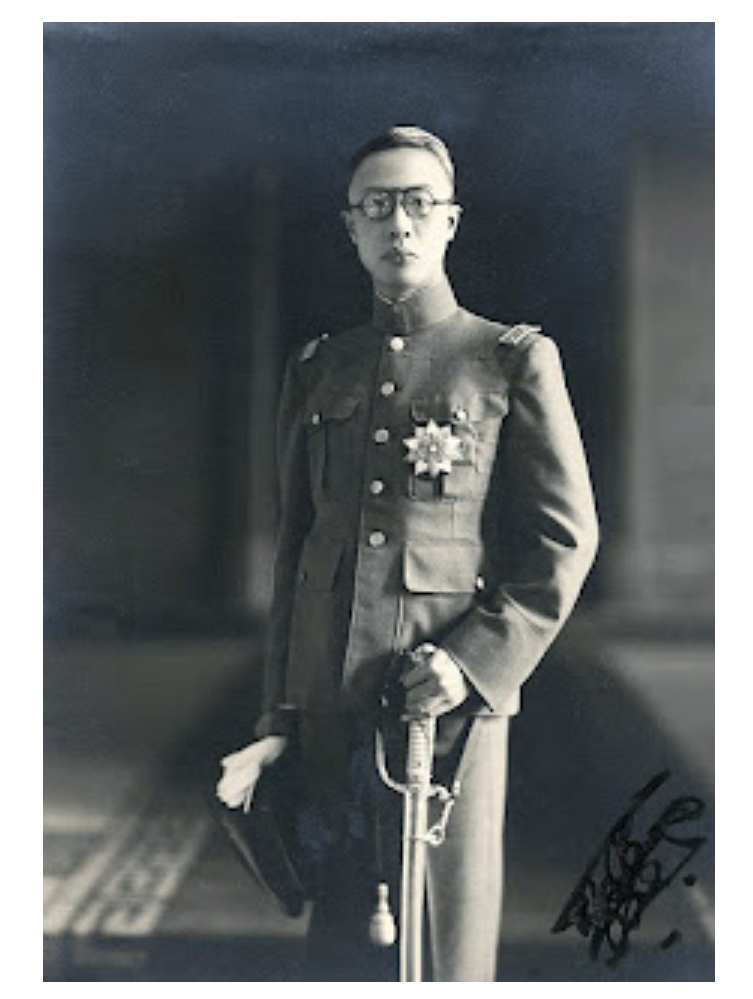
After the Qing Dynasty ended in 1912, Puyi had attached himself to several different powers, but with each power fail, he somehow came out unscratched. There are a few reasons:
Number 1, Even though the Qing Dynasty had ended, he was still an emperor. His position still had some legitimacy. This legitimacy provided most of his protection. That’s why he was able to stick with Imperial Japan for most of the 1920s and 1930s.
Imperial Japan had set up Manchukuo in 1932, which requires a figurehead. And Puyi was the perfect candidate, being the last Emperor of the Qing dynasty.
Number 2, Puyi was a pretty shrewd political player. He knew clearly that he didn’t have any real power and what he had was legitimacy. And only the right kind of people value that for a certain period of time, in certain conditions.
He managed to switch sides quickly and was able to quickly identify what his new “master” wanted out of him, and provide that with sincerity and enthusiasm
After Japan surrendered, Puyi quickly aligned himself with the USSR. He passionately testified against Japanese invaders and claimed that everything he did during the occupation was done under coercion and threat of death.
He knew he wouldn’t be very well received by Chinese people after WWII, so he actually wrote a letter to Stalin begging him to let him stay in the Soviets, “to contribute to the great Soviet Union like other Russians”.
Soviets send him back to China, where he quickly pivoted again, becoming a loyal citizen of the Party, once again passionately expressing his eagerness to repent his past sins and contribute to the new China.

Number 3, Puyi, being in his peculiar position, learned early on to swallow his pride, and do whatever he can to survive. This was almost admirable, considering he was raised to be the emperor of China, if not for his blatant submission and shameless flattery towards the Japanese.
Puyi had visited the Emperor of Japan in 1935. During the visit, he met with Emperor Shōwa’s mother dowager empress Teimei. Empress Teimei seemed really like Puyi, and talked about her miscarriage, and how the son she lost through miscarriage could reincarnate and born as Puyi.
This seemingly loving, almost intimate reminiscing was hugely inappropriate. Remember Puyi at this point was still, technically, emperor of China. So the implication is that the emperor is China was the son of the Empress of Japan. It was a politically charged insult, which Puyi ate it with a smile.
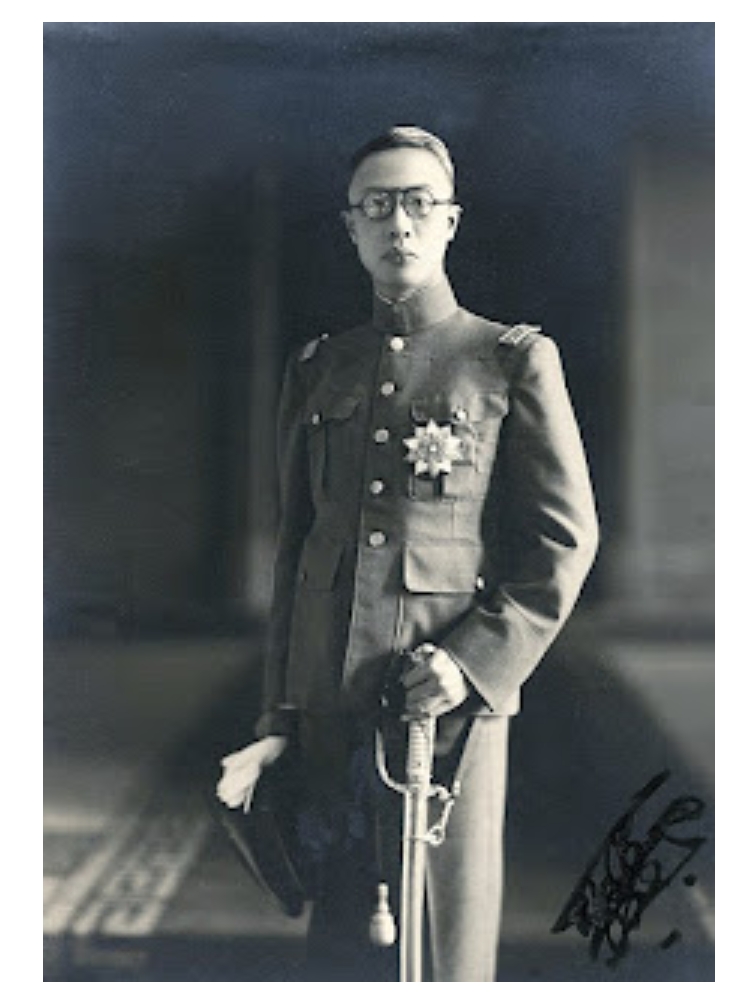
Bottom line is, Puyi was a survivor. He did the best with what he had.
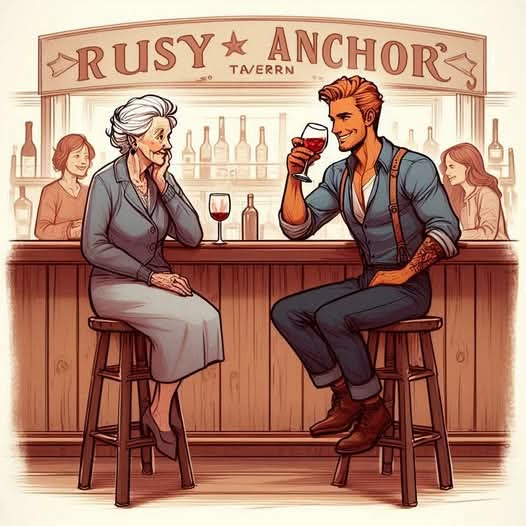


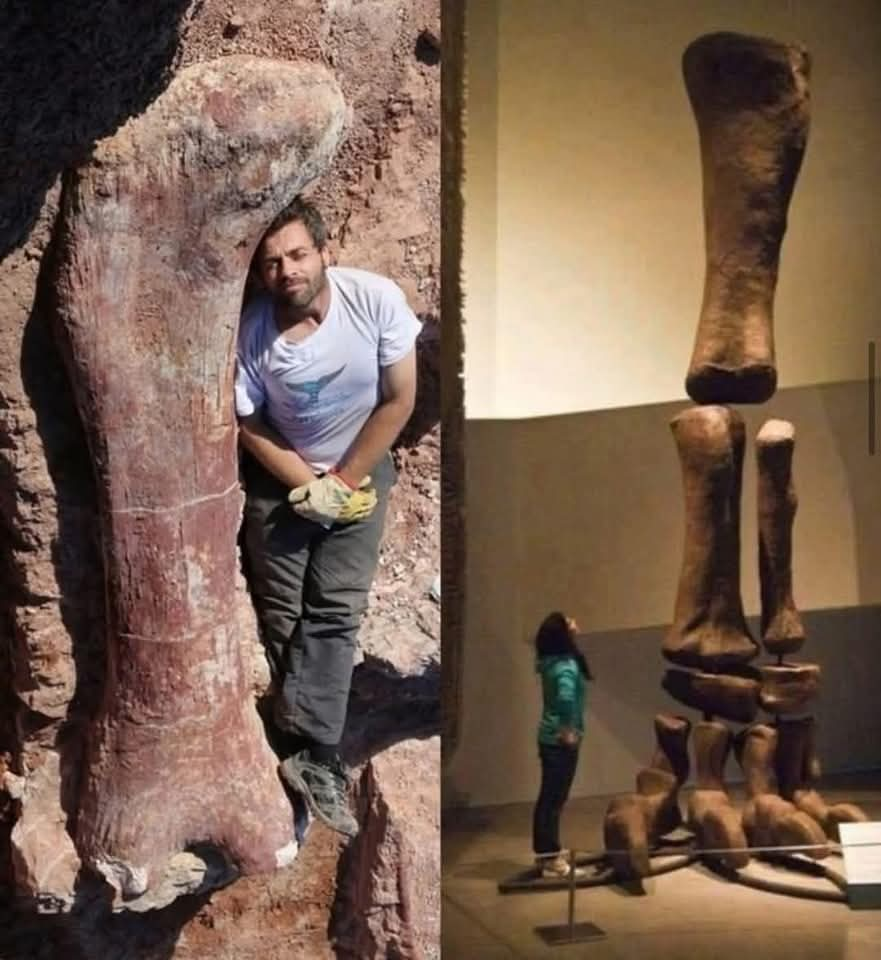
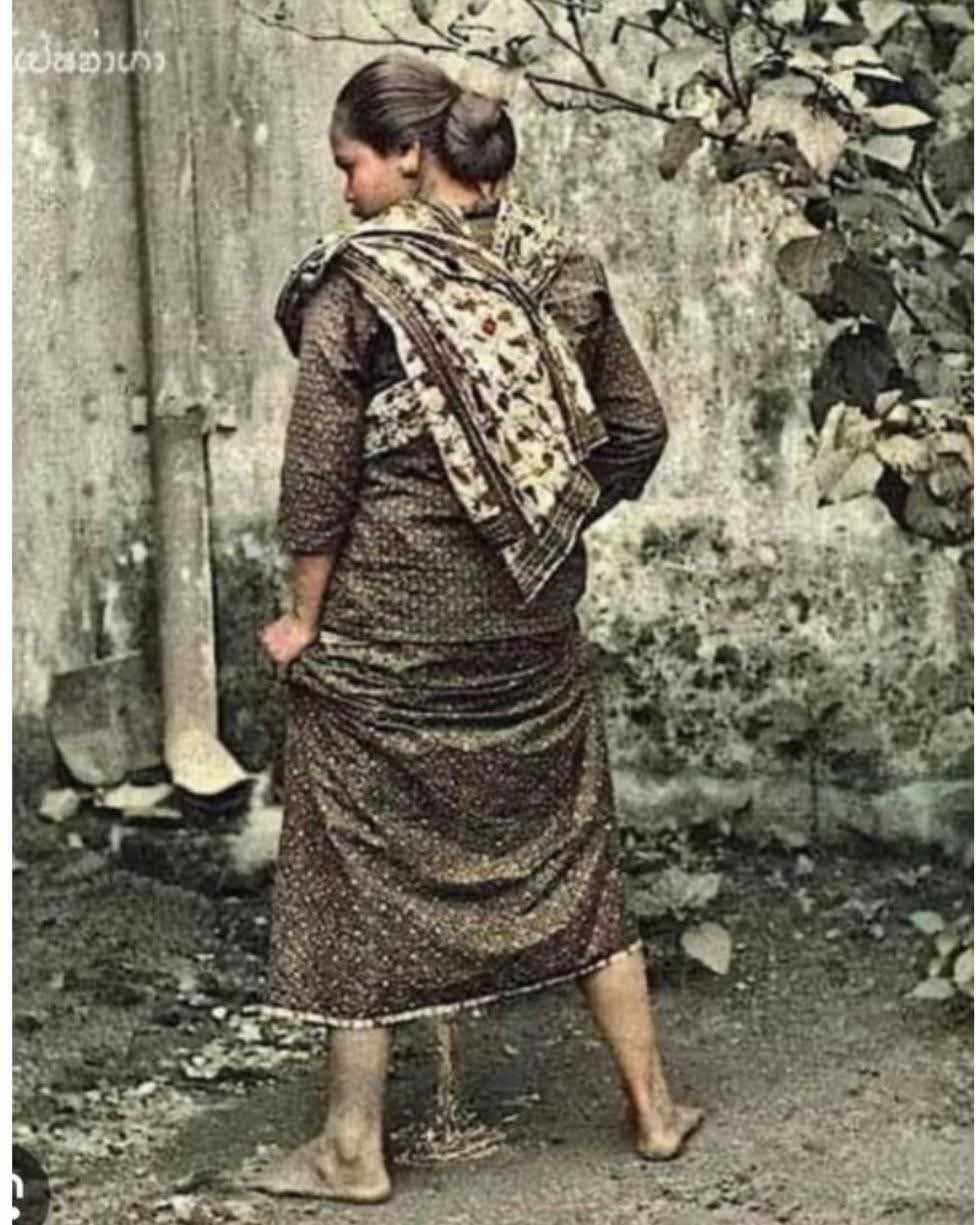

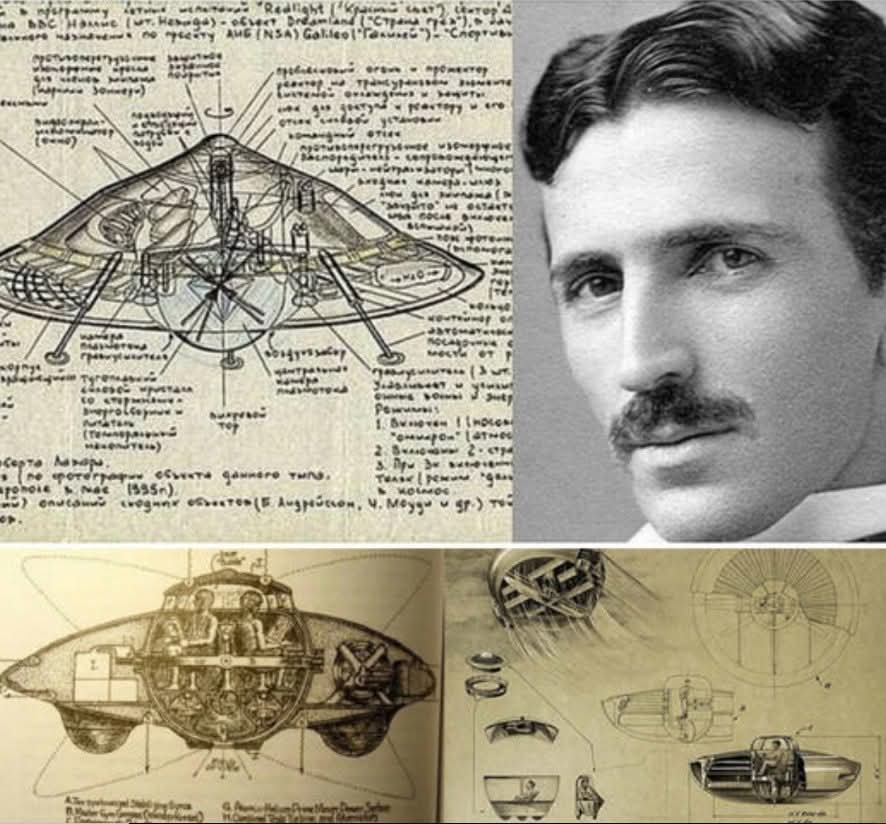

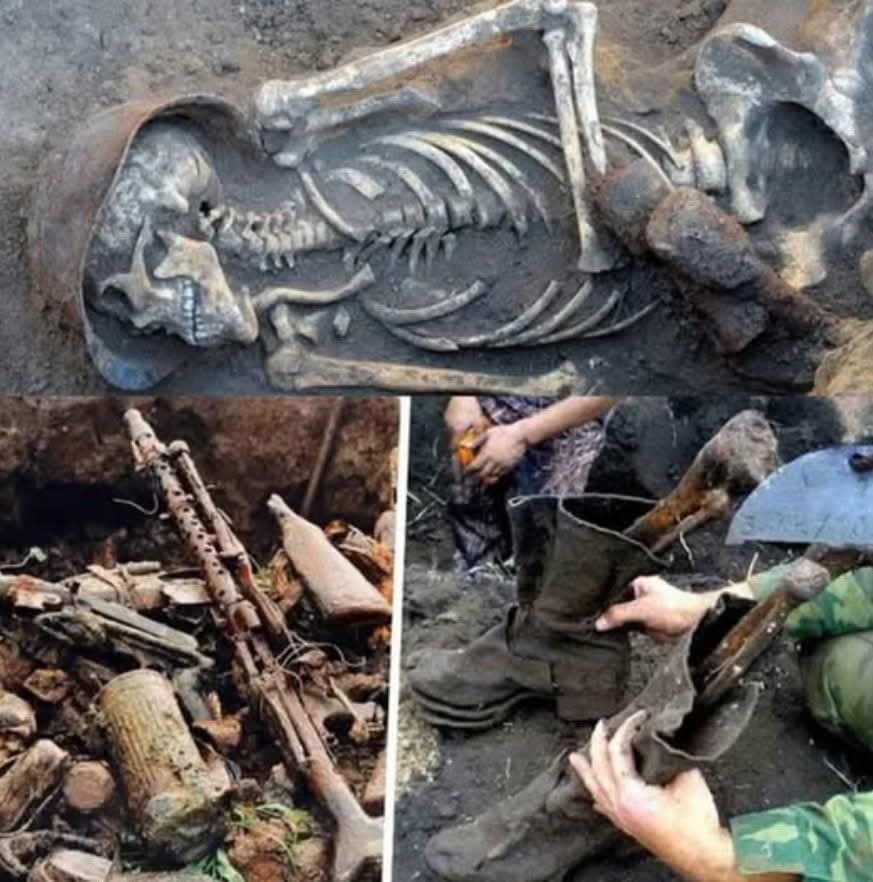

Leave a Reply